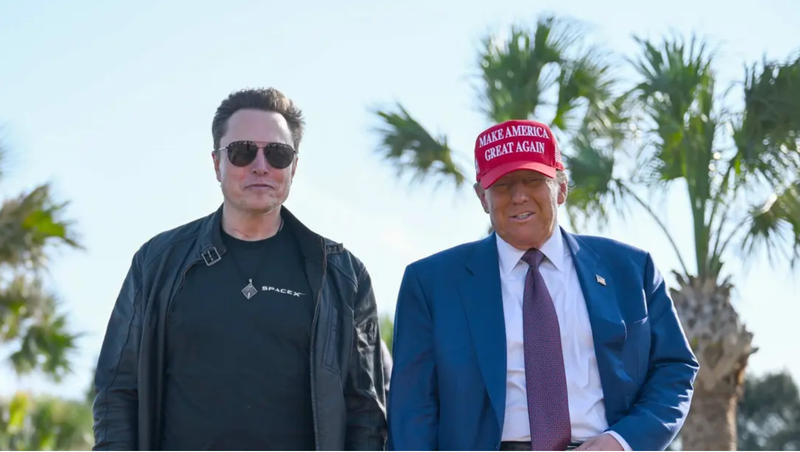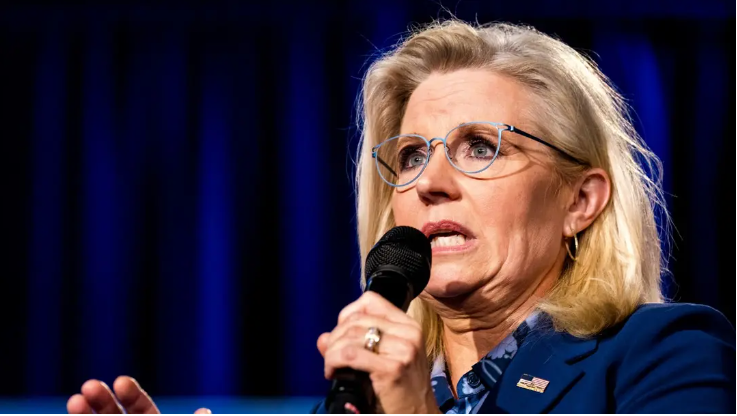Japan Calls on China to Remove Buoy Near Disputed Islands
Japan has called on the Chinese government to remove a buoy it claims it found floating in the waters of its exclusive economic zone (EEZ) of the Senkaku Islands, known by China as the Diaoyu Islands....

0:00
/0:00
Facts
- Japan has called on the Chinese government to remove a buoy it claims it found floating in the waters of its exclusive economic zone (EEZ) of the Senkaku Islands, known by China as the Diaoyu Islands.1
- A Japanese Foreign Ministry official said that they 'have been lodging protests in both Tokyo and Beijing since Japan’s coastguard in July found a buoy,' adding that they 'have demanded the immediate removal of the buoy as it is against international laws.'2
- The uninhabited islands and rocks are located roughly 190 nautical miles southwest of Okinawa, Japan, and have been controlled by the country since 1895. However, they are also claimed by Taiwan. Under UN rules, an EEZ can extend as far out as 200 nautical miles.1
- This follows a 2018 incident in which China allegedly put a buoy in the same area of the East China Sea, as well as rising tensions since Tokyo released treated wastewater from the Fukushima nuclear plant on Aug. 24, prompting Beijing to bar all seafood imports from Japan.3
- Food exports between the two countries declined 41.2% in August. In the same month, a brick was thrown through the Japanese embassy in China, prompting Tokyo to urge Beijing to protect its citizens. The embassy has also reportedly received over 400K nuisance calls since the water release.2
- In response to the rising tensions, Tokyo has increased security at schools and diplomatic missions, as well as called on its citizens in China to keep a low profile.3
Sources: 1Al Jazeera, 2The straits times and 3The standard.
Narratives
- Anti-China narrative, as provided by Air university (au). The Senkaku islands have been under the official possession of Japan for over a century, beginning with their annexation after the first Sino-Japanese War and again following World War II. Beijing is now using its economic and military power to impede this region. Japan must work with the US to prepare responses should the CCP attempt to escalate these imperialistic maneuvers.
- Pro-China narrative, as provided by Won 'restart'. Just two decades ago, Tokyo was prioritizing regional stability and friendship with Beijing, but since it began partnering with the US and South Korea, it's chosen economic and military hostility instead. Japan is well aware of its cultural and economic ties to China, which is why, hopefully, it will retrace its steps and return to focusing on fostering diplomacy and stability rather than supporting the goals of the West.






